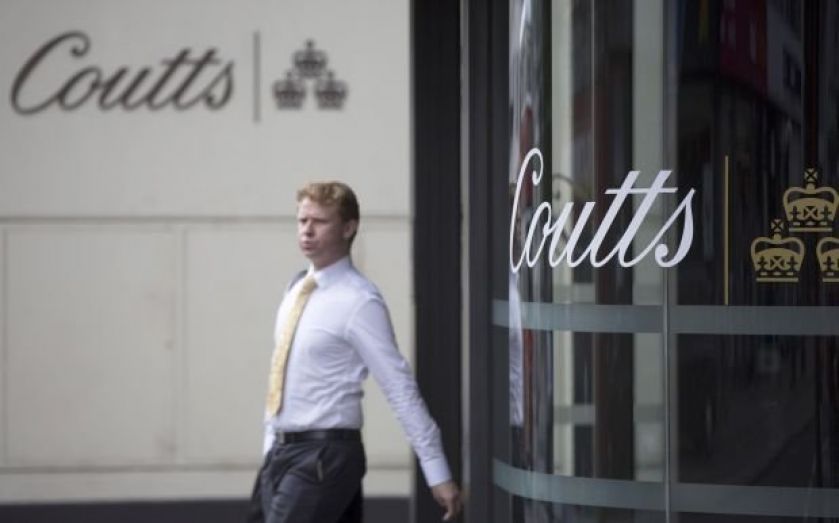Coutts’ sale shows the politics of banking – Bottom Line

The biggest surprise about RBS considering selling the international units of its private bank Coutts is that it has not already flogged them.
Since the crash and subsequent bailout, RBS has been cutting back to focus on UK retail banking.
Part of that is a necessary response to the excesses of the boom years, unwinding Fred Goodwin’s empire building.
But it is also highly political, as you would expect from a bank 81 per cent owned by the taxpayer.
RBS’ ex-boss Stephen Hester was fired a year ago after he resisted intense pressure from the Treasury to cut back the politically unpopular investment bank further and faster.
A George Osborne-friendly approach was taken by new chief executive Ross McEwan when he was appointed last Autumn, vowing to do “everything possible” to support to UK economy.
In that light it seems astonishing the international arm of Coutts, catering to the global elite, got away without being sold for so long.
It appears to be profitable – the private banking business overall made an operating profit of £145m in the first half of 2014, an impressive 15 per cent return on equity, and has been expanding the products it offers.
But it ties up resources overseas, and caters to super-rich foreigners – surely a political no-no when RBS has been told off for failing to focus sufficiently on normal folk and small businesses at home.
It is no wonder RBS’ share price fell 1.74 per cent on the news yesterday.
This is another sign that the bank is not entirely the commercially-run operation it wants to be.